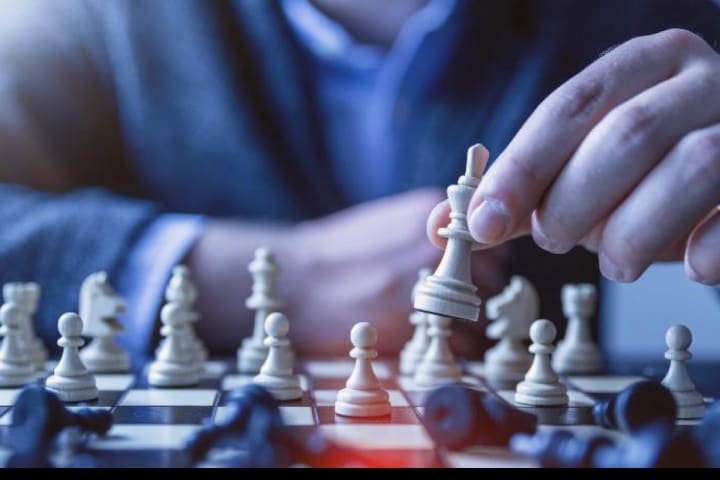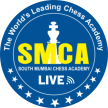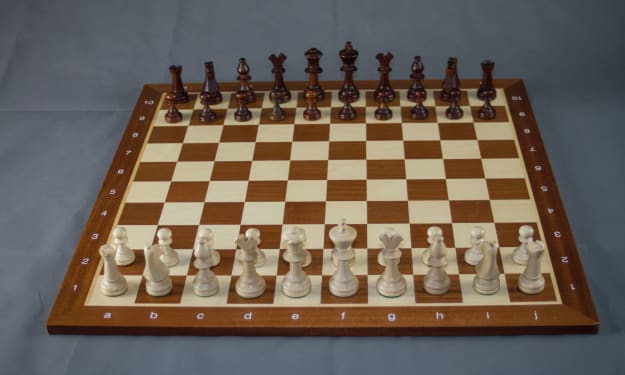Psychological Preparation for a Chess Player
How should a chess player prepare

Computers and bots don’t have the psychological capacity as humans. Especially when it comes to chess, computers just work on high-intensity mathematical and chess-related calculations. It makes them hard to be psychologically corrupt. But when you’re in a chess competition against a human opponent, psychology comes into play.
When doing a post-game analysis, the reasons for losing come mostly from the knowledge of self and that of your opponent. It is easier to win at chess when you’re aware of the psychology that makes a human opponent susceptible to mind games.
Psychological factors like irrational fear, overconfidence, lack of focus, etc. are really useful when you’re playing with a human than a computer bot.
To make sure that you’re playing not only against the moves of your opponent but also his mind, you need to be psychologically prepared. There are certain tricks and steps that you can practice at the SMCA chess coaching center.
These steps will help you to understand a human opponent better and you can win or at least, draw the match. So what are these psychological hacks?

1. Know Yourself
People on this planet have been trying day and night to work on this age-old proverb. The reason for this is that you can always win at chess as well as in life if you fully understand everything about yourself. This is exactly what you’re doing when you analyze your scorecard after losing a game. There might be several factors that caused you to fail at the game.
Maybe pride came in your way and you refused to let the game draw against a low-rated player. Instead, you chose to lose. You may have gotten overconfident and lost attention. And it caused you to lose your queen in the first 5 moves. Maybe you got afraid of the threats that weren’t even there. Once you understand what caused you to be pessimistic, you can work on those factors and control your mind.
2. Use the Laziness Factor
It is common in every human to find the things that are easier to discover, and not look beyond their sight. Using this common human fault, you must try to hide your threats to the opponent. For example, when you move your bishop, let the opponent think that it was to defend one of your pieces.
This move should be clear to your opponent, but do not let him know that you’re actually calling in for one of his stronger pieces through a sacrifice.

3. Use Three Threats in a Row
It is mystical about the number three in this universe. People with a smart brain but weak psychology, give up after three threats in a row, according to chess and life master Brian Wall.
Some people can be easily attacked when they give up being defensive and start playing on the offensive. And with three threats posed in a row, most players give up defensive tactics and start moving pieces to attack. It is then easier to move on your opponent’s pieces when they go berserk over your threats.
4. Take Ten Moves to Accomplish the Task of Two
This is the best way to play with the mind of your opponent. This trick means that you need to cloak your winning moves with petty moves. That will keep the attention of your opponent elsewhere, while you attract all of his pieces closer to you.
When the last six moves make no sense, the person starts to lose patience and caution. But you must make sure that you don’t compromise your position while trying to make cloaking moves. When using this try making moves with pieces that will be unimportant towards the endgame.

Chess is a very psychological game when played with a common human being. Unless you’re playing with another Kasparov, you can use the mental trickery to win against your opponent.
An excellent chess coach, at a chess academy near you, can show you how to calm your mind to win. You can try to practice all the skills you learn at SMCA’s chess competition, held online every week on our smca64.com website.






Comments
There are no comments for this story
Be the first to respond and start the conversation.